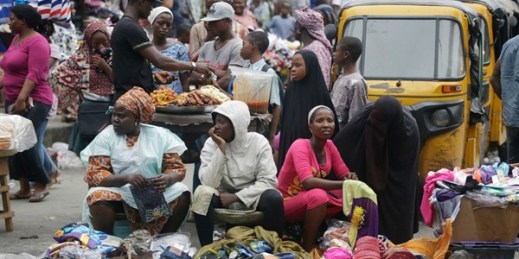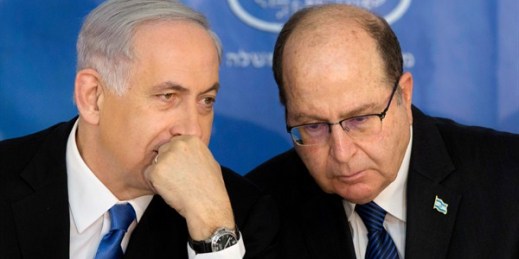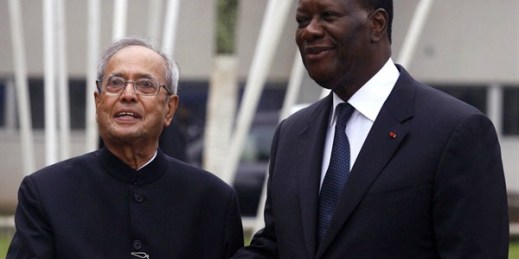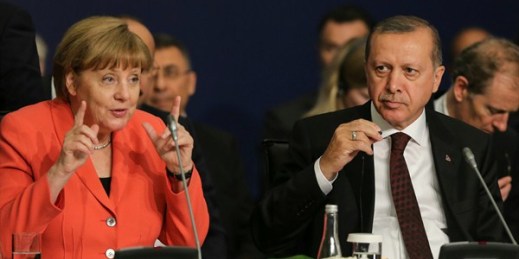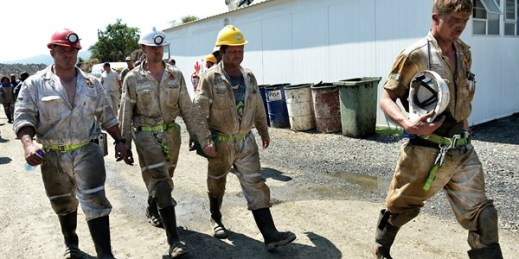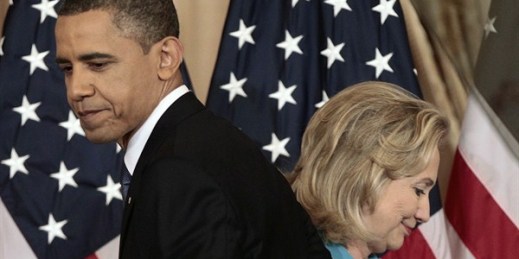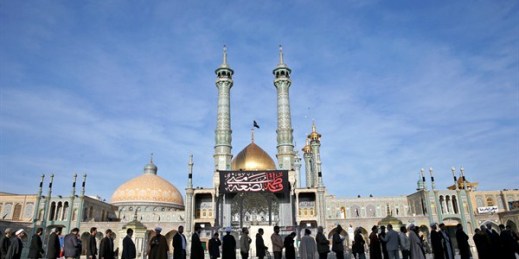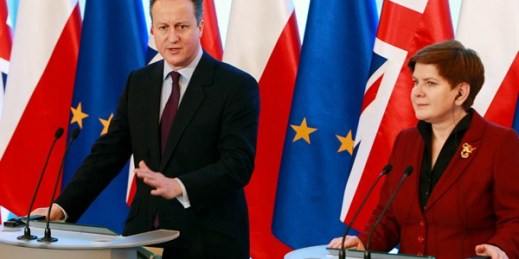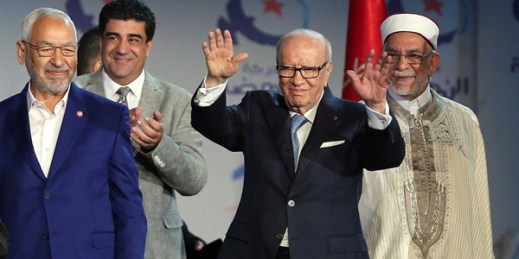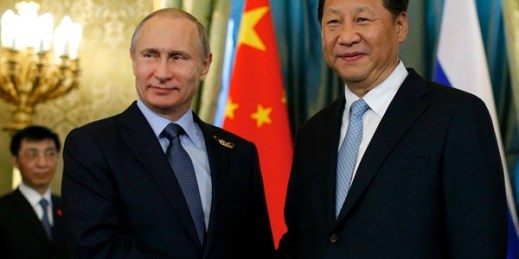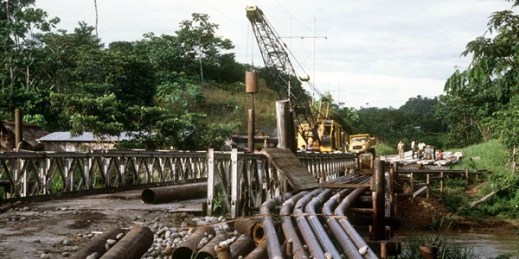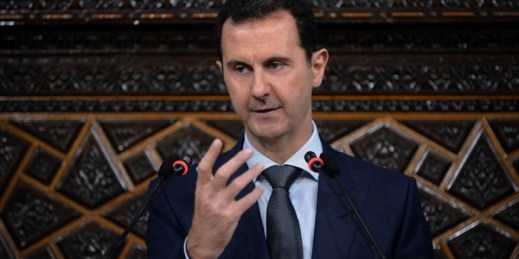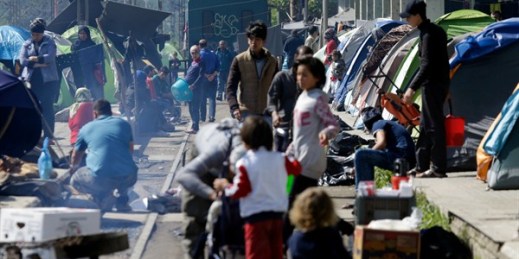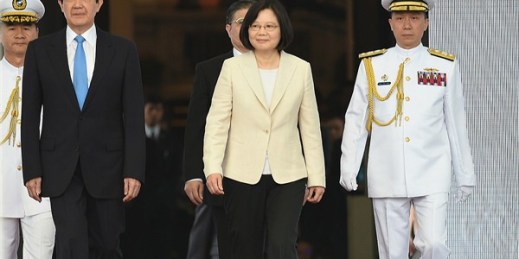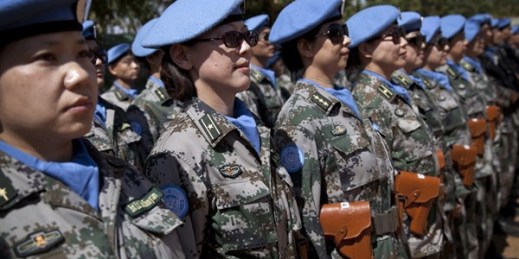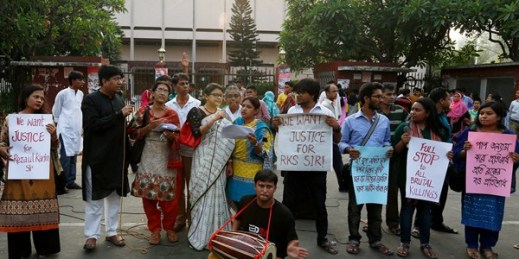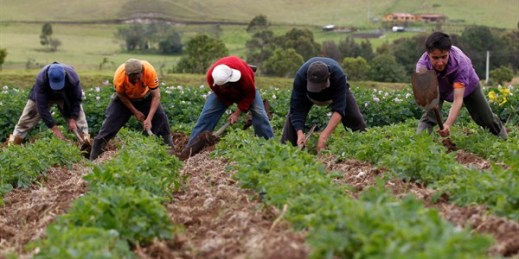
Two weeks of strikes, protests and roadblocks ended in rural Colombia two weeks ago after peasant farmers and indigenous groups reached an agreement with the Colombian government to include them in future rulings on mining and other issues in the country’s rural areas. More than 30,000 members of indigenous and peasant groups across the countryside initially joined the agrarian strike on May 30, which affected 24 of Colombia’s 32 departments, or regions. Three protesters were killed in clashes with riot police, and some 100 people were injured. “The government was responsible for the signing of agreements, which are viable and […]

